Description of the video:
Students in this program benefit from
having a lot of clinical education,
spending a lot of time at local
hospitals, where they practice what we
teach them on campus.
The things that I've been able to do in this program is
to work with a variety of different
hospitals, and get to work with a variety of different machines.
I think that our students get a lot of hands-on at the
hospital; they can choose between nine
different clinical sites that are in
this area. We also have energized labs
here on campus where students can
practice positioning skills, as well as
perform various experiments in physics
and principles in radiography.
We also have skilled faculty here, and we really care about our students.
The staff here does a very good job of preparing you
for your boards, and it's very helpful when you need help
they're never, they never say no I can't
get you when you ask first help they're
right there, every single time
About the Bachelor of Science - Radiologic Sciences
The B.S. degree in radiologic sciences offers individuals the opportunity to pursue three separate concentrations—advanced clinical concentration for the associate degree radiographers, diagnostic medical sonography, and radiation therapy. Diagnostic medical sonography and radiation therapy are open to individuals with either a health professional A.S. degree background or a non-health professions background.
To graduate, the student must satisfactorily complete 120 credit hours which include prerequisites, general education, and professional courses. All professional courses must be completed with a grade of C (2.0) or higher. All coursework must be completed in compliance with academic and professional policies of the program and department.


